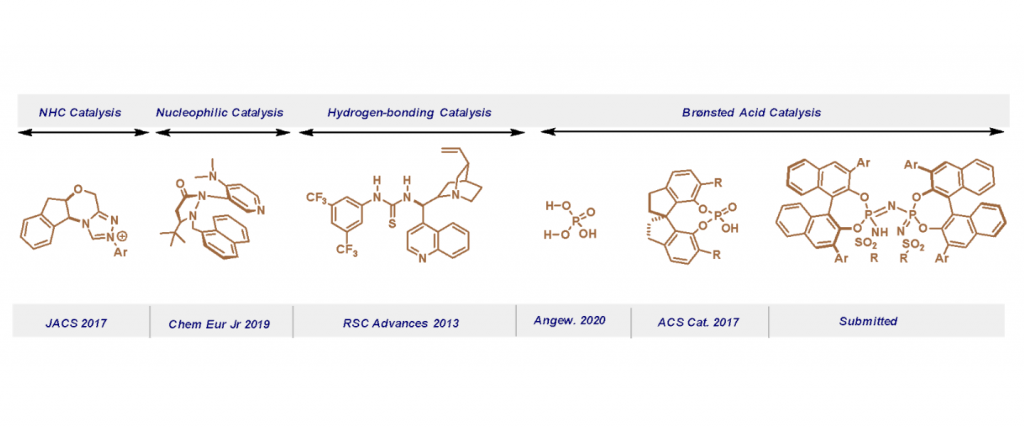
Catalysis has profoundly impacted the societal needs and human health by playing a central role in the scalable, economical, and sustainable production of chemicals and pharmaceuticals. Fundamental innovations in both catalyst design and reaction discovery remain critical to further expanding technical capacity. One of the leading goals in contemporary chemical catalysis is to develop sustainable and environmentally benign transformations to replace many existing synthetic routes used in the chemical industry, which often require hazardous and toxic starting materials, non-earth abundant metal catalysts. To this end, due to its non-toxic nature and environment friendliness, organocatalysts represent an attractive alternative for sustainable catalysis. The overarching objective of my past and present research is to develop and understand novel organocatalytic transformations uniting the complementary strengths of experiment and theory. The approach is rooted in the belief that the convergence of organic synthesis, computational understanding, and physical organic experimentations holds the key to making synthesis smarter, more functional, and more predictable. Some of my past work on different organocatalytic systems can be found below:

FUNDING

